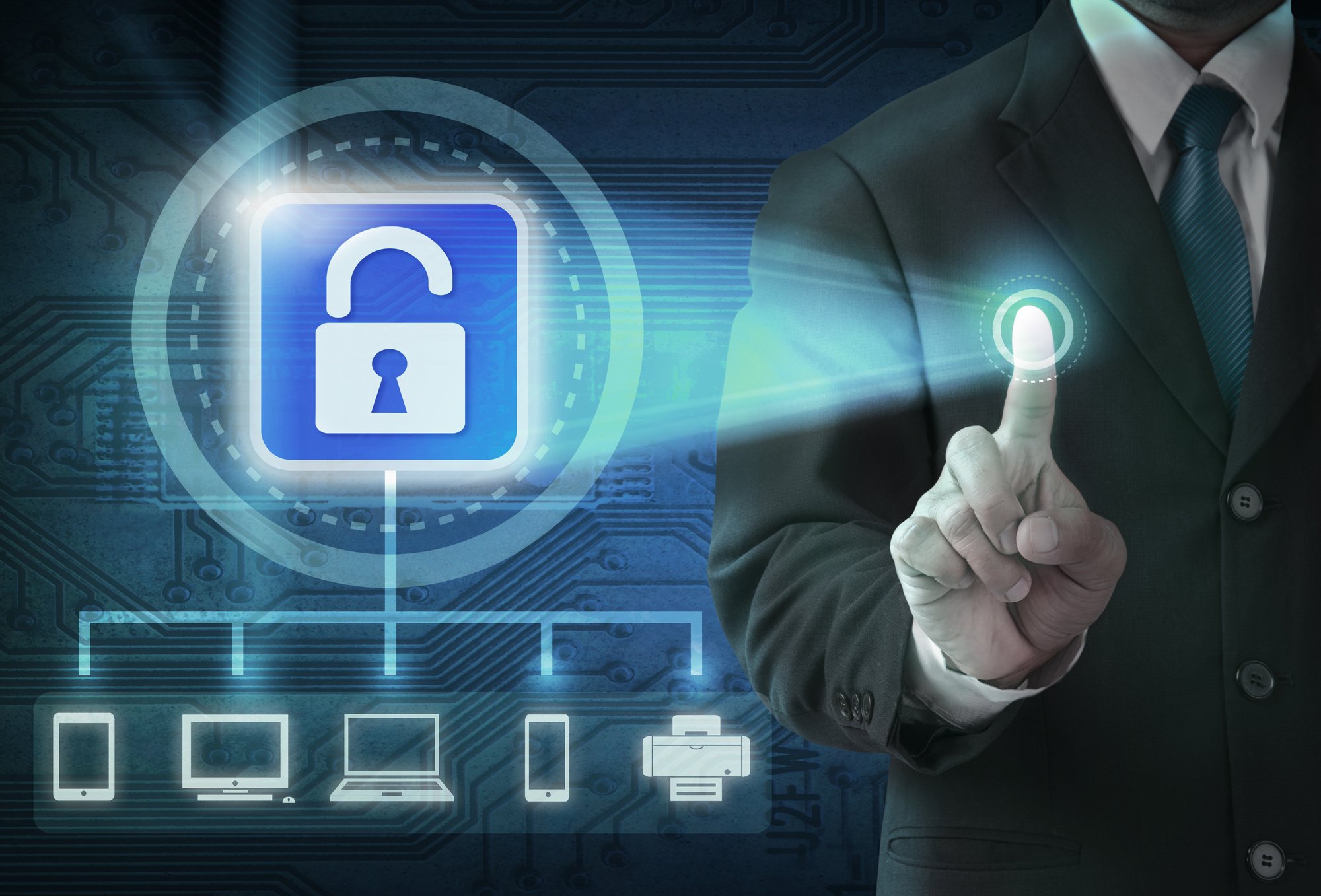
When picturing a hacker, people imagine a Guy-Fawkes-mask-wearing guy in a hoodie who’s sitting behind a keyboard. But in the future, that chair will be empty. Hackers will instead be AI programs.
This poses a massive threat to network security for business. When anyone can have an AI do the hacking for them, cyber attacks will likely increase tenfold.
But hacking is only the beginning. What other future cyber threats will put our business data at risk?
Today, we take a quick look at the future of bad actors in network security, and how it will change our global cyber security strategy.
Discrimination and Bias
AI is faster and more efficient than humans at single-purpose tasks. Yet where it surpasses us in speed and efficiency, it falls behind in other ways. AI has a tendency to acquire problematic ideas and belief systems from our society, even when we try to avoid letting it.
The most unfortunate real-world example is bias against job applicants or the false sentencing of criminals. AI has a tendency to keep to racist and misogynistic mindsets. It may, for example, deny minorities job interviews or give them harsher punishments.
Poor Transparency
A major problem with AI is that we don’t exactly know what it is doing under the hood. Neural networks are a black box, and we only see the output. As a result, it’s impossible for us to comprehend why the AI does what it does.
This means that it will take a lot of work from your co-managed IT team to diagnose even the smallest data privacy issue. We will have to develop special external tools to understand artificial intelligence and correct its behavior.
Power Centralization
AI is incredibly expensive to build and train. It requires massive server houses with bleeding-edge software and skilled computer engineers, all of which cost millions of dollars. This creates an unintended consequence: centralization.
In short, big companies control the best AI and we are at their mercy. This not only gives them a monopoly, but an unfair competitive edge. Even as AI gets cheaper, it will be harder for new start-ups to squeeze into the market.
More Formidable Hacking
AI will make it so that the average Joe can tell a machine to do all the hacking for them. Obviously, this will create a rash of cyber attacks, but it presents other issues. Social engineering (manipulating people to access their computers) will get worse by an order of magnitude.
For example, a hacker could produce a deep-faked voice of a company’s senior manager to call its unsuspecting employees. They could ask said employees to hand over their credentials. Since deepfakes are so convincing, the employees would comply without a second thought.
Read More on Network Security for Business
Network security for business is at risk as AI causes unforeseen problems for our systems. The effects could be minor, such as a teen performing an unsuccessful hack on your business. Or, it could be major when you deny a qualified applicant due to a biased algorithm.
Follow our blog for more on the latest technology.





